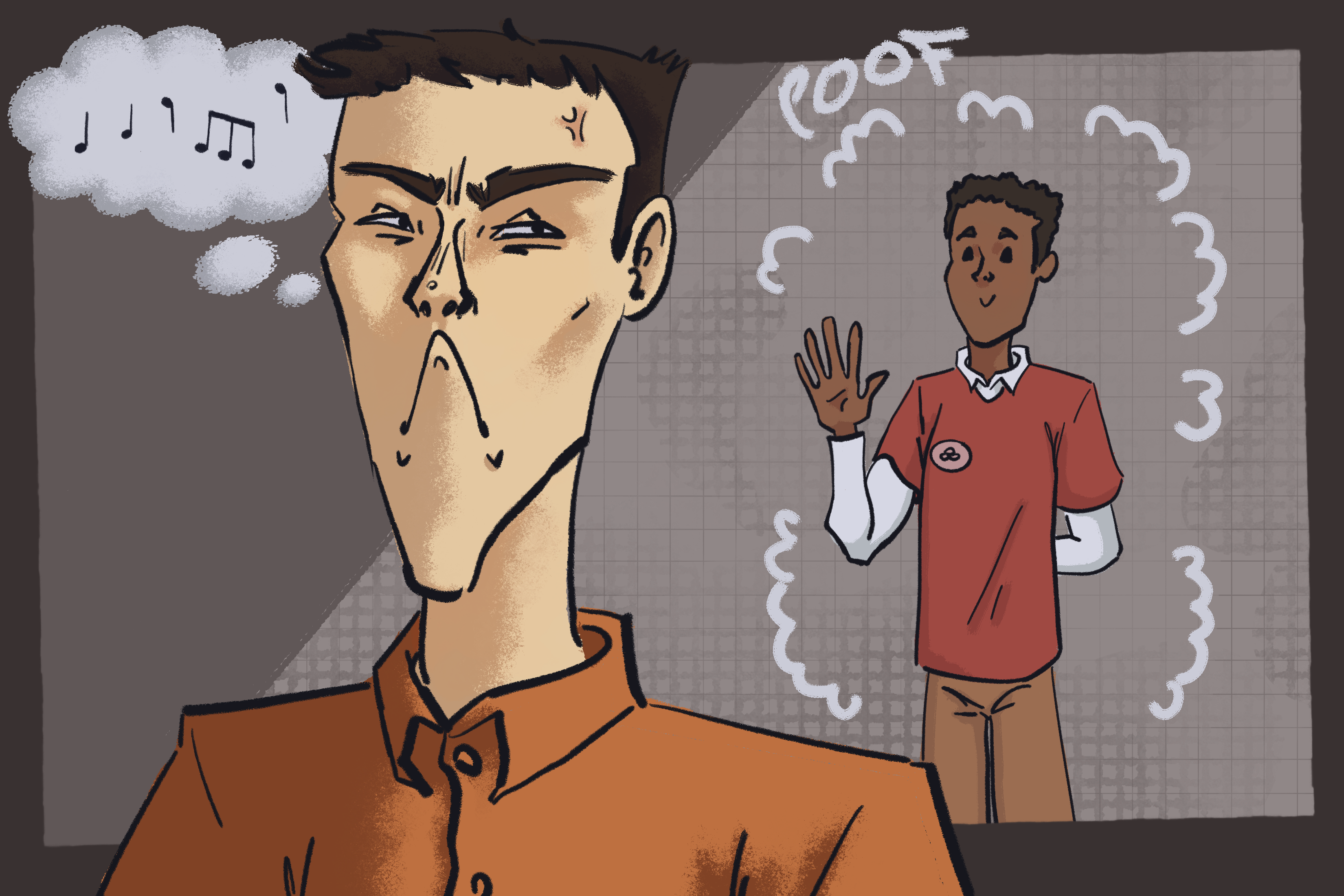This article lists annoying jingles before discussing the effective reasoning behind them.
There’s nothing more infuriating than having a song stuck in your head that refuses to leave. When that song is a mind-numbing, looping jingle, the annoyance increases tenfold. Music plays a significant role in the advertisement industry, and despite the eye-rolls that many jingles receive, the effectiveness of their tunes cannot be overlooked. While there are too many to list here, there are a select few ads that stick out as the most annoying jingles.
Burger King
As soon as the sound of the “Whopper Whopper Whopper Whopper” comes through the T.V. speakers, a collective groan fills the room. Not only is Burger King’s latest rendition of their jingle not a particularly pleasant tune, but it’s almost guaranteed that you will hear it played during most live television commercial breaks.
Not to fear! There are plenty of variations of the annoying jingle that will be rotated through depending on what Burger King is aiming to advertise. You could be exposed to the traditional whopper song, a $5 meal deal variation, the two meals for $5.99 melody, a royal chicken adaptation and more. In fact, there are enough deviations to make an entire eight-minute YouTube compilation. That seems a bit excessive, doesn’t it?
This eye-twitching tune isn’t new to 2023. The Burger King team went back to the company’s roots and revived their 1974 Have it Your Way commercial.
Given its jarring quality, maybe we should have left it there.
Liberty Mutual
The classic “Liberty, liberty, liiiberty, liiiberty” is an astonishingly simple sound that seems as if the jingle writer didn’t show up for the business meeting. Despite the lack of complexity, it’s easy to find yourself humming the four-note tune.
Because it is such a short sound, it leans toward the title of a sonic logo rather than a jingle, meaning it’s a concise sound meant to be a long-lasting part of a company’s identity. Other iconic sonic logos include McDonald’s “Bah, dah, ba, ba, bah” and Netflix’s “Ta dum” just to name a couple. They still aim to achieve the same thing as a jingle, and they’re still just as annoying.
T-Mobile
The T-Mobile advertisement that dropped about halfway through 2023 featuring actors Zach Braff and Donald Faison certainly earns a spot on this list. Sung to the tune of “Oh, What a Beautiful Mornin” from the musical “Oklahoma!,” the two actors reassure listeners that T-Mobile won’t raise the $50 per month home internet fee.
This catchy tune was pleasant after hearing it the first time and perhaps even the second. Plus, it’s hard not to be charmed by the choreography and the chemistry between Braff and Faison, especially knowing their history as co-stars on the show “Scrubs.” However, the incessant replaying instantly erased any of the initial appeal.
Kars for Kids
Taking the cake for the most annoying jingle has to be none other than Kars for Kids. For as frequently as this ad plays, you’d think we’d know more about what its goal of donating cars will accomplish. The jingle is performed by a seemingly makeshift band of young children singing the telephone number for the company.
It turns out that it’s a non-profit that uses car donations to make money to support children through education, mentorship and outreach. For something with such a good cause, they sure do use an aggravating jingle.
Even the company itself admits that its jingle is one that’ll drive you insane (maybe not in those exact words). On the website, it says that because of its supremely catchy tune, “it feels like it never stops playing.” That’s one way to make sure people don’t forget your business.
But why would companies choose to use such mind-numbing songs when attempting to recruit engagement with their product?
There have been several studies conducted on the effectiveness of jingles. It’s been shown and proven that music enhances memory. When tied together with catchy lyrics, it serves as a mnemonic device. In fact, 94% of people agree that they would retain information more if the jingle could be easily memorized. That statistic jumps up to 89% of people strongly agreeing that if the lyrics are meaningful, it has an even bigger impact.
The cough-drop brand Ricola is one example of how effective marketing can lead to skyrocketing sales. In 1987, Halls and Vicks made up 67% of cough drop sales, leaving Ricola out in the cold. Once they brought out an alphorn player and a yodeler calling out the iconic “RII-CO-LAAA!” in 1994, Ricola jumped up to the second-leading cough drop brand and has continued to stay as a top contender today.
Music is often used as a means of engaging people in addictive ways. Because of its universal effect, musical tunes can be used anywhere from advertisements to slot machines to draw people in. It makes sense why companies would opt for a melody that is sure to get stuck in your head, given the powerful effect music has on people.
As aggravating as some of these advertisements may be, their ability to settle in your head for hours or even days is a testament to their effectiveness. The more you’re humming a company’s earworm, the more likely you are to engage with its advertised products or services. Who knows? Maybe one day you’ll decide to indulge in a Whopper as you switch to T-Mobile before donating your car – all thanks to those annoying jingles.

















